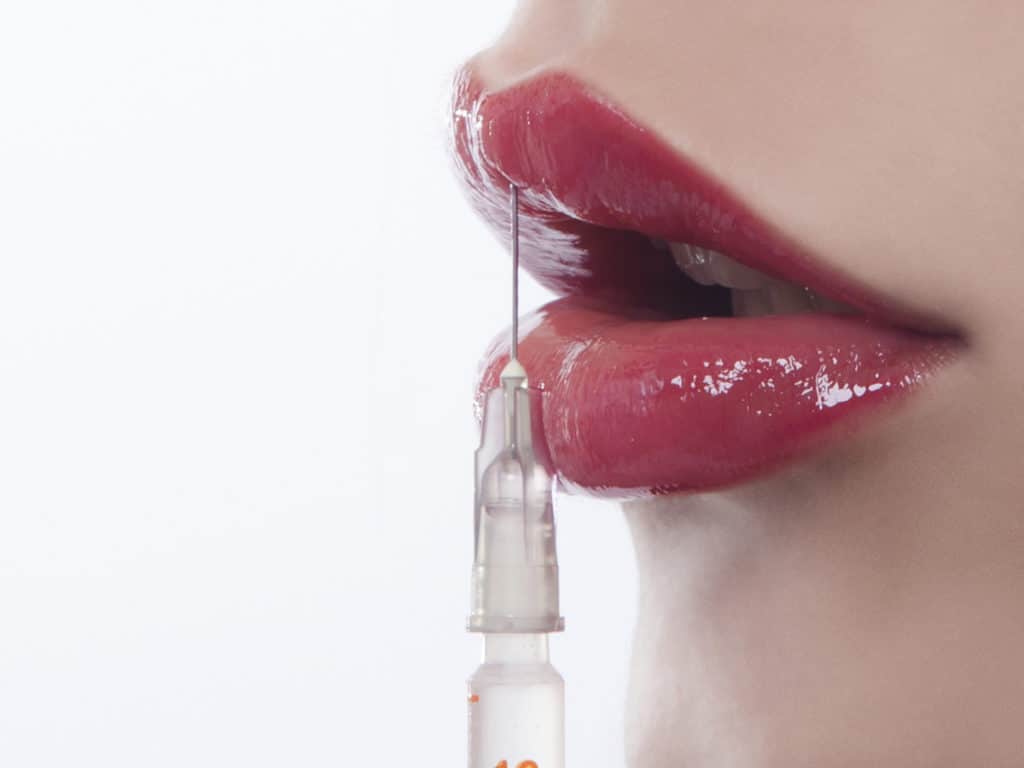Most of us think to wear sunscreen in the summer to avoid sunburn. But the reality is that we should be thinking of wearing sunscreen all year round. Regardless of your skin tone, sun screen should always be worn. Exposure to ultraviolet rays is the number one cause of skin aging and skin cancer. Ultraviolet (UV) rays are always present. Yes, even in the winter and cloudy days. It has been studied that 80 percent of sun rays pass through clouds regardless if it’s sunny or not. Snow also can reflex 80 percent of the sun rays.
How much sunscreen do I need?
To cover the entire body, you would need about 2 tablespoons or 1 shot glass. Most people don’t apply enough sunscreen, therefore it is better to use too much than not enough.
How often do I need to reapply?
Peak hours of the sun are between 10am and 4pm but as long as your exposed to the sun, you need to reapply sunscreen every 2 hours. If you are swimming or sweating and are using a water-resistant sunscreen, check the label to see how many minutes it protects you until you need to reapply.
Mineral and Chemical sunscreens, which one do I use?
There are 2 types of sunscreens, mineral (also called physical) and chemical (also called organic). Mineral sunscreens contain zinc oxide and/or titanium dioxide. Mineral sunscreens form a shield by sitting on top of the skin. They scatter damaging UV rays away from the skin, this is why they are referred to as physical. Chemical sunscreens contain active ingredients include oxybenzone, octinoxate, and avobenzone. This type of sunscreen works by absorbing UV rays and in turn changing the rays into heat. The is heat is then released by the skin. Because the UV rays are not absorbed by the skin, they are referred to as chemical or organic absorbers.
Mineral vs. Chemical
Use whichever one makes your skin feel best and one that you will want to use every day. I recommend a light weight non-greasy sunscreen if you have oiler skin, acne prone, sensitive skin or it gets red easy, you may want to choose a mineral sunscreen as they can be less irritating than chemical sunscreens. Mineral sunscreens may leave a white cast on your skin and can be difficult to blend in skin, however, there are many brands that now offer a version that is matte or tinted to make it easy to apply without leaving a white cast. I like ZO Sunscreen+Primer Broad Spectrum SPF 30 (We sell this here!) and Isdin Photo Ultralight Elmulsion Broad Specturm 50+ (isdin.com). Chemical sunscreen absorb into the skin quickly so they are a good option for swimming, playing sports or if you sweat a lot during the day. I would recommend Daily Sheer Broad Spectrum SPF 50 (www.plasticsurgeryofchicago.com). Both, mineral and chemical sunscreens do a great job of protecting your skin as long as you are applying a generous amount and reapplying throughout the day.
What SPF number should I use?
SPF stands for sun protection factor. The number in SPF refers to the amount of protection the sunscreen offers. A sunscreen with 30 SPF will protect you from 96.7% of the sun rays. An SPF of 50 will protect you about 98% of the sunrays. Scientific data has shown that anything beyond SPF 50 does not offer more protection. There are no sunscreens that offer 100% protection from sun rays.
Bottom line
Sunscreen is the most effective anti- aging and protector of damaging effects on your skin. Daily use will make a difference in your skin health. As Benjamin Franklin said “An Ounce of Prevention is Worth a Pound of Cure.”



